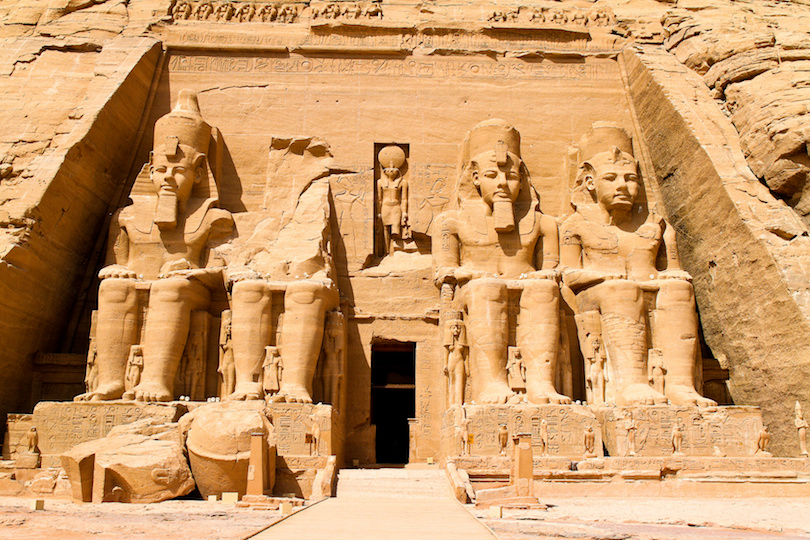The Decline of Ancient Egypt

Ancient Egypt's civilization was one of the oldest and longest ruling empires in history, spanning over 3,000 years. During that time the empire rose and declined as power shifted from one dynasty to the next, along with the occasional invasion from neighboring empires.
However, history shows that even the mightiest empires eventually fall. Beginning around 1100 BCE, Egypt fell into decline. There were several reasons for this, including a loss of military power, lack of natural resources, and political conflicts.
The reigns of the last great pharaohs, Ramses II and Ramses III (1189-1077 BCE), are characterized by their strength and ability to defend Egypt against invaders.
However, it took significant manpower and resources to ward off these continual attacks and these defenses left the empire's economy struggling.


The Kingdom of Kush broke away from Egyptian control in the south. After rising in power, the Kushites conquered some of Egypt and it was left split between two regions. This left Egypt vulnerable to further invasions, which came from the Assyrians in 671 BCE, the Persians in 525 BCE, and finally the Greeks in 332 BCE.
At the end of Egypt’s empire, the climate became erratic and unstable. The Egyptians relied on the water from the Nile floods to help their crops grow, but the Egyptian climate experienced roughly a hundred of years of dry spells and water became scarce.
There were also periods of unusually cold weather that further stressed the crops and led to a drastic decrease in harvests. Crops were also destroyed by sporadic and unpredictable flooding of the Nile. With little to no food or surplus for long periods of time, hunger and famine spread.
Economic and political unrest also led to the weakening of the Ancient Egyptian empire. There were huge inequalities in the distribution of wealth among the elites and the rest of the population. Many people began to distrust the government and religious authority. The continuous wars created huge expenses and weakened the economic power of the Pharaoh.
Christianity began to spread through Egypt and brought the adoption of the alphabet replacing hieroglyphics and creating major changes in Egyptian culture. Many ancient practices such as mummification ended.